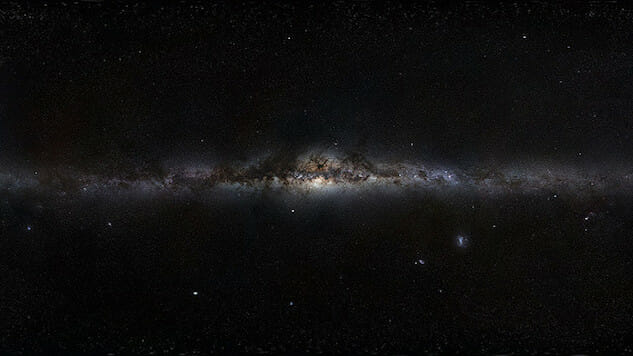Vera Rubin’s Contribution to Astronomy

In the 1970s, Vera Rubin and her colleague, Kent Ford, discovered the first direct evidence of dark matter while working at the Carnegie Institution in Washington. Their discovery revolutionized astronomy and provided evidence to back up the long suspected claim that there is more to our universe than meets the eye.
Dark matter is assumed to make up over 90 percent of the matter in the universe and is made up of neutrinos which are small, fast-moving particles that do not interact with regular matter.
While studying galaxies’ rotation, Rubin and Ford noticed that material at the edge of a galaxy was rotating at the same speed as the matter in the center, an observation that contradicted laws of physics. This discovery led them to realize the existence of invisible matter, dark matter, causing gas to spread through the galaxy and allow the edges to rotate at the same speed as the center.
Astronomers like Emily Levesque from the University of Washington believe that Rubin’s contributions “utterly revolutionized our concept of the universe and our entire field” and should be celebrated.
Despite overwhelming acknowledgement from her colleagues, Rubin was never considered for the Nobel prize in physics, an honor that would match the significance of her discovery.
-

-

-

-

-

-

-

-

-

-

-

-

-

-

-

-

-

-

-

-

-

-

-

-

-

-

-

-

-

-

-

-

-

-

-

-

-

-

-

-








































